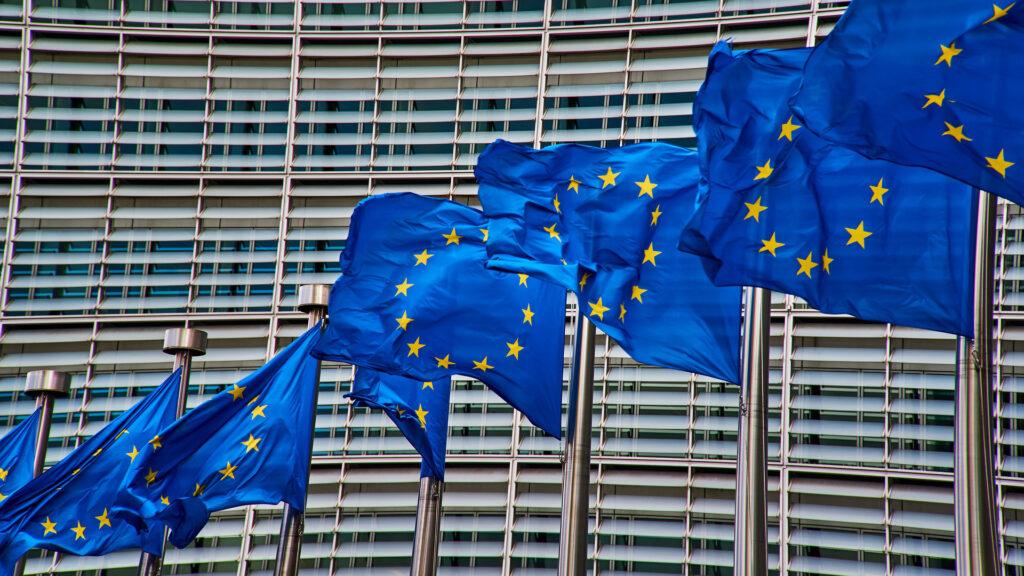- Five EU countries are configured to test a age verification application to protect children online
- Denmark, Greece, Spain, France and Italy are the first to test this technical solution
- The United Kingdom has applied mandatory age controls on Friday, July 25, 2025, generating concerns about the digital rights of citizens
Five EU countries are ready to test an age verification application to protect children online.
Denmark, Greece, Spain, France and Italy are the first to prove the technical solution presented by the European Commission on July 14, 2025.
The announcement occurred less than two weeks before the United Kingdom enforced the mandatory age verification controls of July 25. Until now, they have caused concerns about the privacy and safety of British users, feeding an increase in use among the best VPN applications.
The EU age verification plan
As the European Commission explains on its website, the age verification plan allows users to demonstrate that they are over 18 years of age “without revealing any other personal information.”
“It is based on open source technology and is designed to be robust, easy to use, which presents privacy and totally interoperable with future European digital identity wallets,” explains the commission.
The introduction of this technical solution is a key step to implement the children’s online safety rules under the Digital Services Law (DSA).
Legislators ensure that this solution seeks to establish “a new reference point for privacy protection” in age verification.
This is because online services will only receive evidence that the user is over 18 years old, without any attached personnel.
The additional work on the integration of zero knowledge tests is also ongoing, with the complete implementation of the mandatory controls in the EU that is expected to be applied in 2026.
What is happening in the United Kingdom?
As of Friday, July 25, millions of British must be ready to prove their age before accessing certain websites or content.
According to the online security law, sites that show content only for adults should prevent minors from accessing their services through robust age checks.
Social networks, appointment applications and game platforms are expected to verify the age of its users before showing them the so -called harmful content.
As the United Kingdom regulatory body, ofcom explains on its website, service providers can use several methods to confirm the age of users. These extend from facial scanning to estimate the age of the people to the age checks of the bank cards or the credit card, the identification wallets, the age checks of the operator of the mobile network, the coincidence of photo ID, and even age estimation based on email.
The vagueness of what constitutes harmful content, as well as the privacy and security risks linked to some of these age verification methods, have attracted criticism between experts, politicians and citizens aware of privacy that fear a negative impact on people’s digital rights.
While the EU approach seems better on paper, it remains to be seen how the age verification scheme will be applied.
When commenting on this point, the CEO of the Swedish supplier of VPN, Mullvad, told Techradar: “The EU [approach] He is more planned, he took the EU 12 years. In the United Kingdom it seems [there is] There is no plan at all. “




